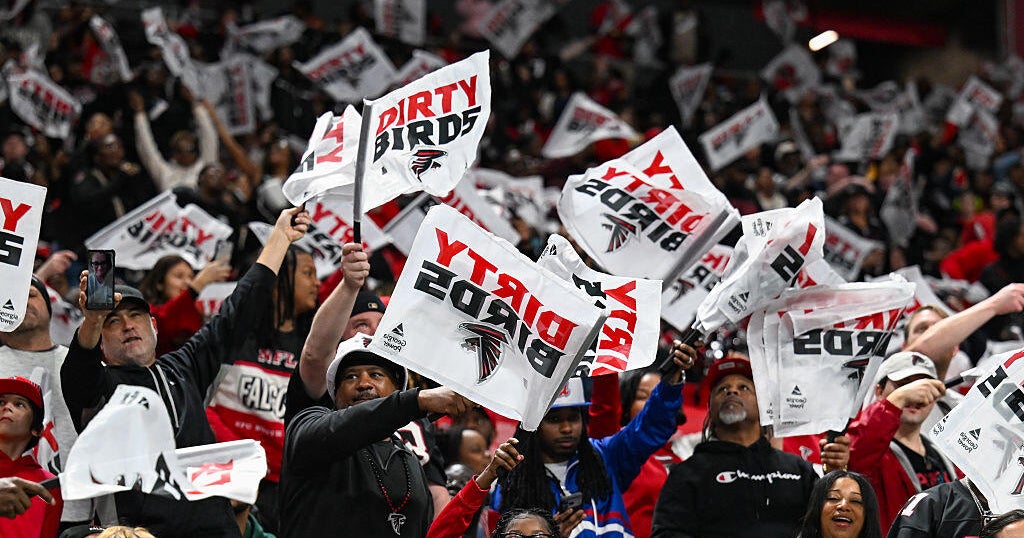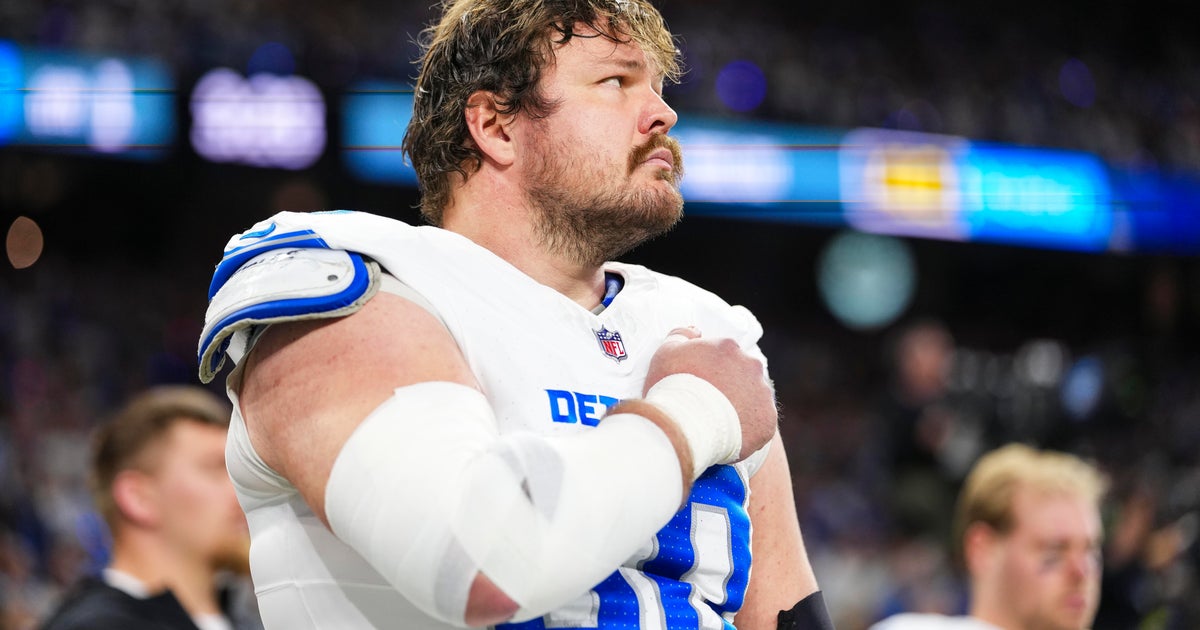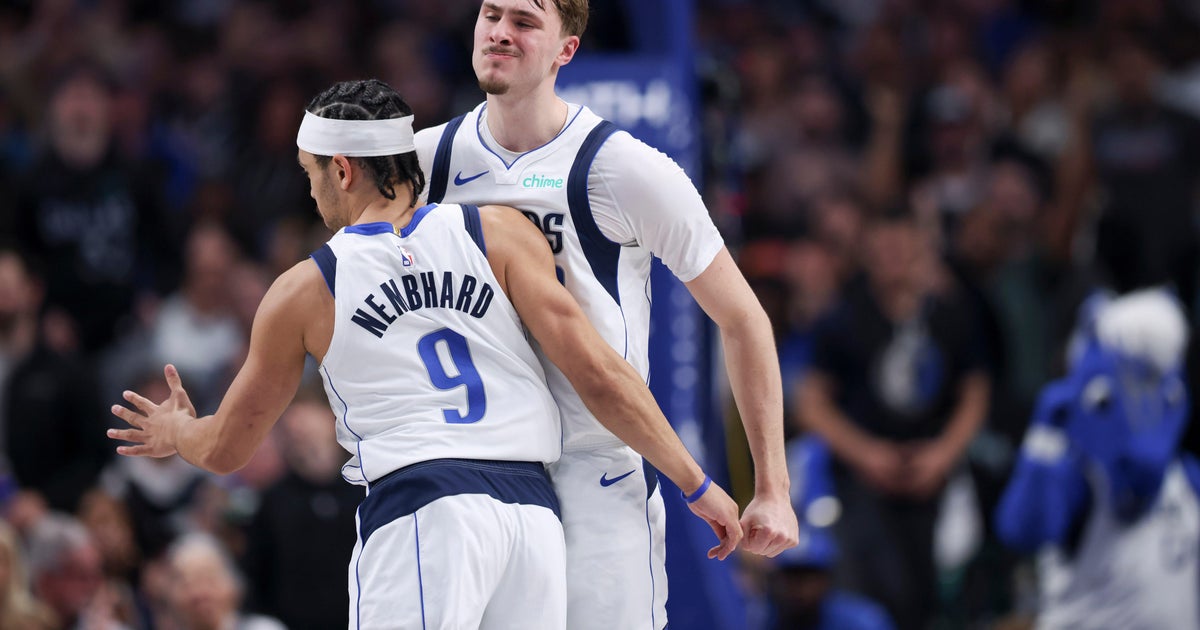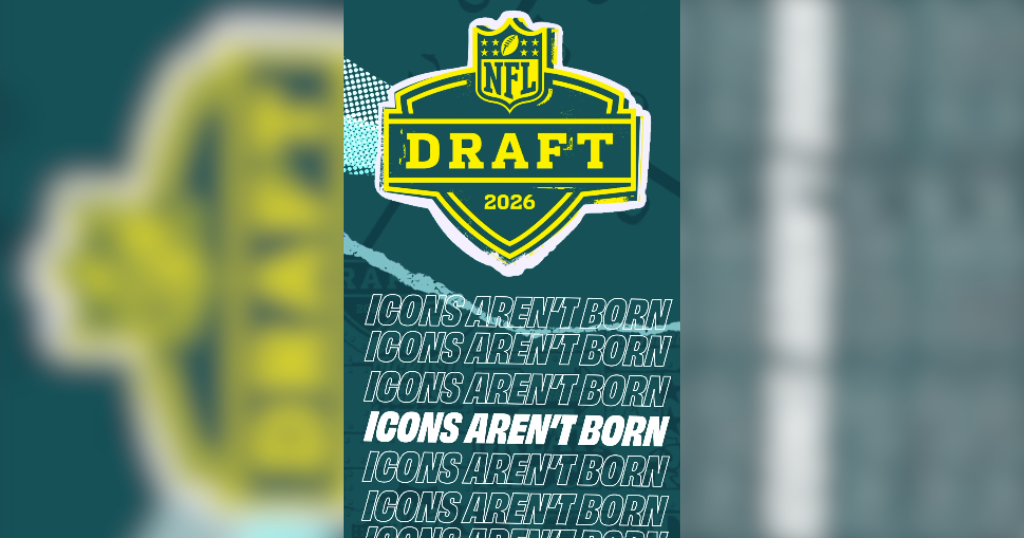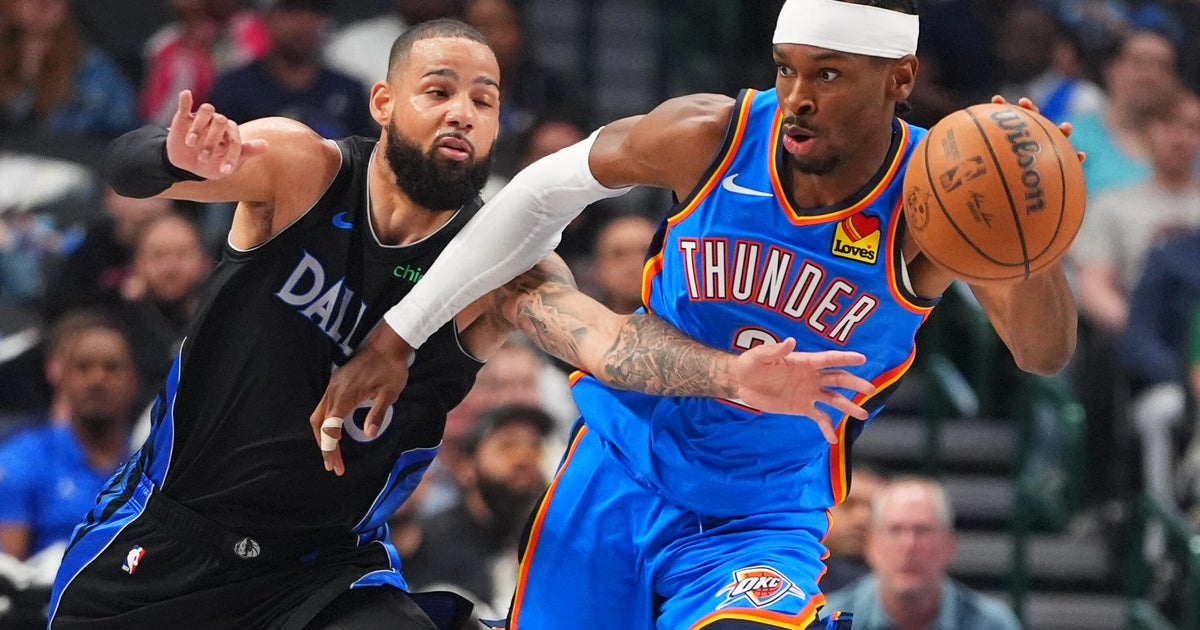Good Question: Why Are Fantasy Sports So Popular?
ST. PAUL, Minn. (WCCO) -- At the Cherokee Tavern in West St. Paul, four fantasy football leagues conducted their drafts.
"I'm very excited," said J.J. Kurtz of Lakeville. "I got the Bears defense."
Over the year, 36 million people will play fantasy sports. That's up from nine million in 2005. According to the Fantasy Sports Trade Association (FSTA), a player spends three hours per week managing a team and spends $467.60.
It's a system that's now powered by the Internet, but was started over a half century ago. According to FSTA President Paul Charchian, a group of men visiting New York City for a 1962 AFL game gathered together in a hotel conference room to form the Greater Oakland Pigskin Prognosticators League (GOPPL). Behind it all was Bill Winkenbach, one of the Oakland Raiders' limited partners.
Year after year, the number of fantasy players grows.
"Because it's fun," said team manager Steve Malevich. He's managing five teams this season.
"People like being part of something that's bigger than themselves," said John Tauer, a social psychologist at the University of St. Thomas. "We want to be affiliated with things. We want to be affiliated with things that are successful and that probably goes back to our need for survival."
Tauer also believes it feeds into a healthy competitiveness and gives people a sense of control.
"Having the chance to run your own team, at a low cost and risk, I think that's an enjoyable activity for people to have," he said.
The FSTA said of those who play fantasy sports, the vast majority pick football – 72 percent. Thirty-seven percent choose baseball, 24 percent auto racing and 20 percent basketball. Golf, college football, hockey and soccer round out the rest.
"We're old friends and we only see each once a year, so it's fun," said team manager Craig Pajula.
Many fantasy football players said it affects the way they watch the game.
"I will flip around and watch all of the games, as many as I can at one time," said Kurtz.
Others said it means they will sometimes root for a player over a team.
As far as whether fantasy sports are legal, a recent article in the Harvard Journal of Sports and Entertainment Law found it depends on the type of play and the state where it's being played.
For the most part, the author believed most traditional forms of fantasy sports in most states would be legal.
